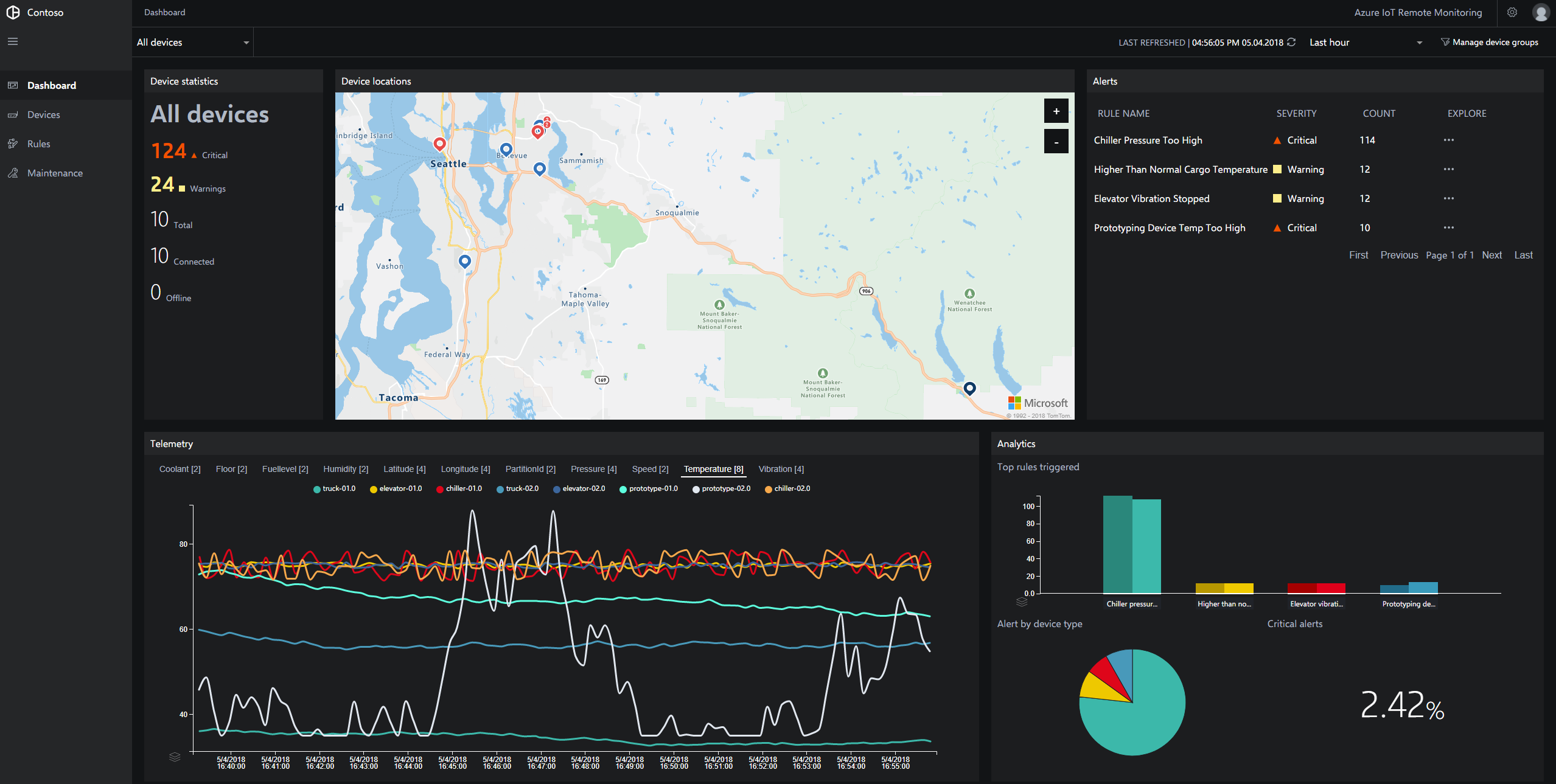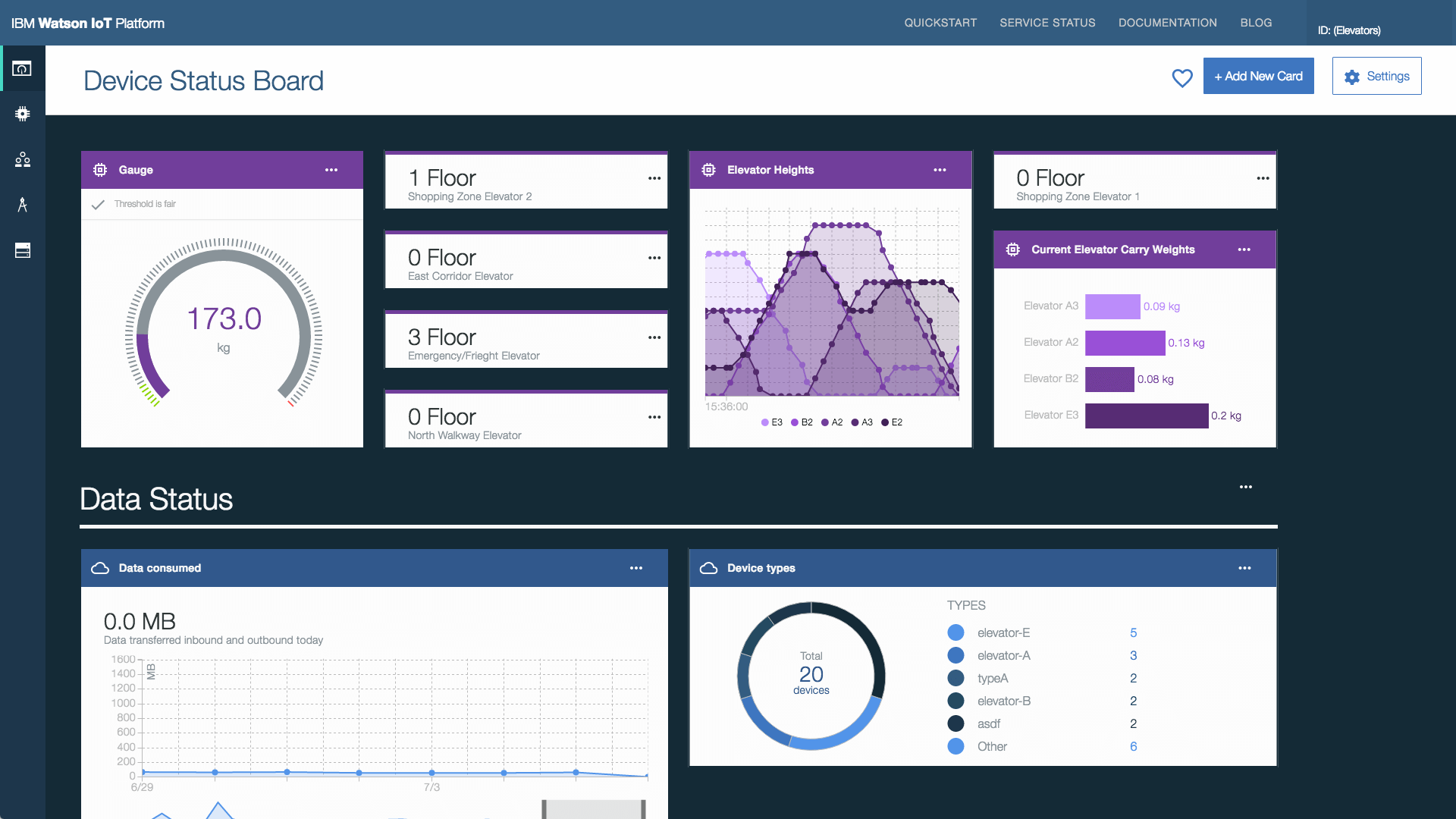Imagine this—you’re sitting comfortably in your living room, sipping coffee, while managing hundreds of IoT devices scattered across the globe. Sounds futuristic, right? Well, it’s not as far-fetched as you think. The best remote SSH IoT platform is here to make that dream a reality. With the rise of the Internet of Things (IoT), businesses and tech enthusiasts are scrambling to find secure, reliable, and efficient ways to manage their connected devices. And let’s face it, SSH isn’t just some buzzword—it’s the backbone of remote device management.
But hold up! Not all remote SSH IoT platforms are created equal. Some are slow, some lack security features, and others? Well, they’re just plain overpriced. In this guide, we’ll deep-dive into what makes a remote SSH IoT platform the best, breaking down the key factors you need to consider before pulling the trigger. Whether you’re a tech-savvy entrepreneur or a DIY hobbyist, this article’s got your back.
So, buckle up and let’s explore the world of remote SSH IoT platforms. We’ll cover everything from security protocols to scalability, plus we’ll sprinkle in some real-world examples and expert insights. By the end of this, you’ll know exactly which platform suits your needs and why it’s worth the investment. Let’s get started!
- Demystifying Postal Acronyms A Guide To Navigating The Complex World Of Mail Delivery
- The Complex Web Of Fame Jameliz Benitez Smith And The Digital Persona Dilemma
Table of Contents:
- What is SSH and Why Does It Matter?
- Top Remote SSH IoT Platforms
- Security Features to Look For
- Scalability: Can It Grow With You?
- Cost Analysis: Is It Worth It?
- Real-World Use Cases
- Comparison of Popular Platforms
- Tips for Choosing the Right Platform
- Future Trends in Remote SSH IoT
- Conclusion: Making the Right Choice
What is SSH and Why Does It Matter?
Let’s start with the basics. SSH, or Secure Shell, is like the Swiss Army knife of remote device management. It’s a cryptographic network protocol that allows you to securely connect to a device from anywhere in the world. Think of it as a secure tunnel that protects your data from prying eyes, even when you’re transmitting sensitive information.
But why does SSH matter in the world of IoT? Well, IoT devices are notorious for being vulnerable to cyberattacks. Without proper security measures, your smart thermostat or industrial sensor could become an entry point for hackers. That’s where SSH comes in—it ensures that your connection is encrypted and authenticated, keeping your devices safe from unauthorized access.
- The Intricate Web Of Lacy Kims Digital Footprint And Its Broader Implications
- Janice Nichole A Journey Beyond The Spotlight
Benefits of Using SSH for IoT
Here’s a quick rundown of why SSH is a game-changer for IoT:
- Encryption: SSH encrypts all data transmitted between your device and the server, making it nearly impossible for hackers to intercept your info.
- Authentication: With SSH, you can verify the identity of both the client and the server, ensuring that only authorized users can access your devices.
- Reliability: SSH is designed to handle unstable network conditions, so you won’t lose connection even if the internet hiccups.
Top Remote SSH IoT Platforms
Now that we’ve established why SSH is crucial for IoT, let’s talk about the platforms that make it happen. There’s no shortage of options out there, but not all of them are created equal. Here are some of the top contenders:
Platform 1: IoTSecurePro
IoTSecurePro is a powerhouse in the remote SSH IoT platform space. Known for its robust security features and user-friendly interface, it’s a favorite among enterprise users. Some standout features include:
- Advanced encryption protocols
- Multi-factor authentication
- Scalable architecture for growing businesses
Platform 2: DeviceLink
DeviceLink is another strong player in the market, offering a balance of security and affordability. It’s perfect for small to medium-sized businesses that need reliable remote access without breaking the bank. Key features include:
- Easy setup and configuration
- Real-time monitoring and alerts
- Support for a wide range of IoT devices
Security Features to Look For
When it comes to remote SSH IoT platforms, security should always be your top priority. Here are some key features to look for:
Encryption Protocols
Make sure the platform uses strong encryption standards, like AES-256 or RSA-2048. These protocols ensure that your data is protected from even the most sophisticated cyberattacks.
Authentication Methods
Multi-factor authentication (MFA) is a must-have. It adds an extra layer of security by requiring users to provide two or more verification factors before accessing the system.
Scalability: Can It Grow With You?
As your business grows, so will your IoT infrastructure. That’s why scalability is a critical factor to consider when choosing a remote SSH IoT platform. Look for platforms that offer:
- Flexible pricing plans
- Support for large-scale deployments
- Easy integration with existing systems
Cost Analysis: Is It Worth It?
We get it—budgets are tight, and you want to make sure you’re getting the best bang for your buck. Here’s a breakdown of what you can expect to pay for a top-tier remote SSH IoT platform:
Pricing Models
Most platforms offer tiered pricing plans, ranging from free trials to enterprise-level subscriptions. Be sure to compare the features included in each plan to ensure you’re getting value for your money.
Real-World Use Cases
Let’s take a look at how some companies are using remote SSH IoT platforms to revolutionize their operations:
Case Study 1: Smart Agriculture
Agricultural tech firm AgriSmart uses IoTSecurePro to remotely monitor and manage their network of soil sensors. This has allowed them to optimize crop yields while reducing water usage by up to 30%.
Case Study 2: Industrial Automation
Manufacturing giant TechFab relies on DeviceLink to maintain their fleet of IoT-enabled machinery. By implementing remote SSH, they’ve reduced downtime by 50% and saved millions in maintenance costs.
Comparison of Popular Platforms
Still not sure which platform is right for you? Here’s a side-by-side comparison of the top contenders:
IoTSecurePro vs. DeviceLink
While both platforms offer excellent security features, IoTSecurePro edges out DeviceLink in terms of scalability and enterprise support. However, DeviceLink wins points for affordability and ease of use.
Tips for Choosing the Right Platform
Picking the perfect remote SSH IoT platform can be overwhelming, but here are a few tips to help you make the right decision:
- Define your needs: Start by identifying the specific requirements of your IoT project.
- Do your research: Read reviews, compare features, and don’t be afraid to ask for demos.
- Consider long-term costs: Factor in the total cost of ownership, including maintenance and upgrades.
Future Trends in Remote SSH IoT
As technology continues to evolve, so will the world of remote SSH IoT platforms. Here are a few trends to watch out for:
Edge Computing
Edge computing is set to play a major role in the future of IoT. By processing data closer to the source, it reduces latency and improves overall performance.
AI Integration
Artificial intelligence is being integrated into IoT platforms to enhance automation and predictive analytics. This will allow businesses to make data-driven decisions in real-time.
Conclusion: Making the Right Choice
Choosing the best remote SSH IoT platform can seem like a daunting task, but with the right information, it doesn’t have to be. From security features to scalability, there are several factors to consider before making your decision. Remember to weigh the pros and cons of each platform and choose the one that aligns with your business goals.
So, what are you waiting for? Dive into the world of remote SSH IoT platforms and take your device management to the next level. And don’t forget to share your thoughts in the comments below—we’d love to hear from you!
- Unveiling The Shadows The Hidden Dangers Of Illegal Downloads
- The Doubleedged Sword Of Online Fame Lacy Kims Journey On Onlyfans And Beyond


